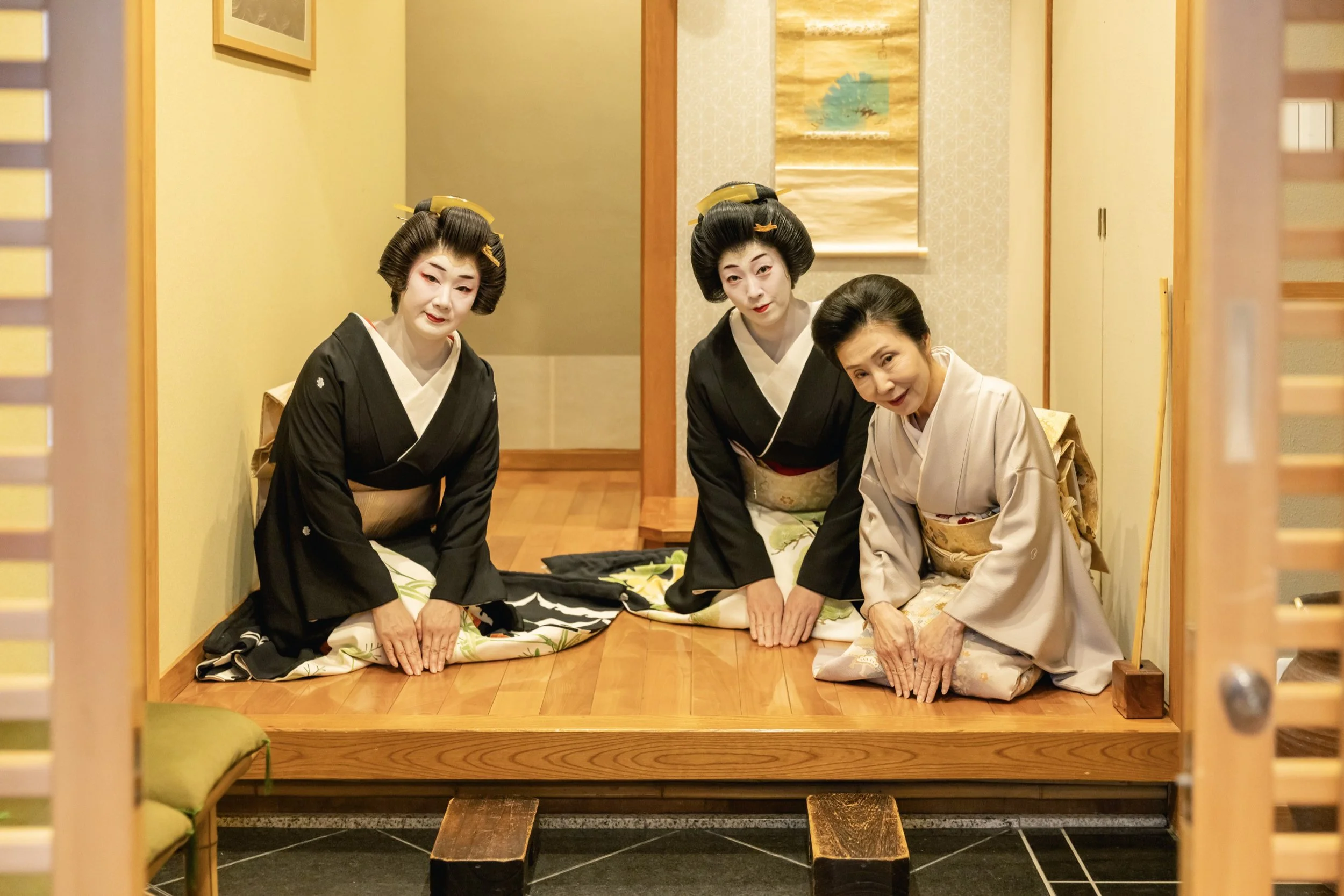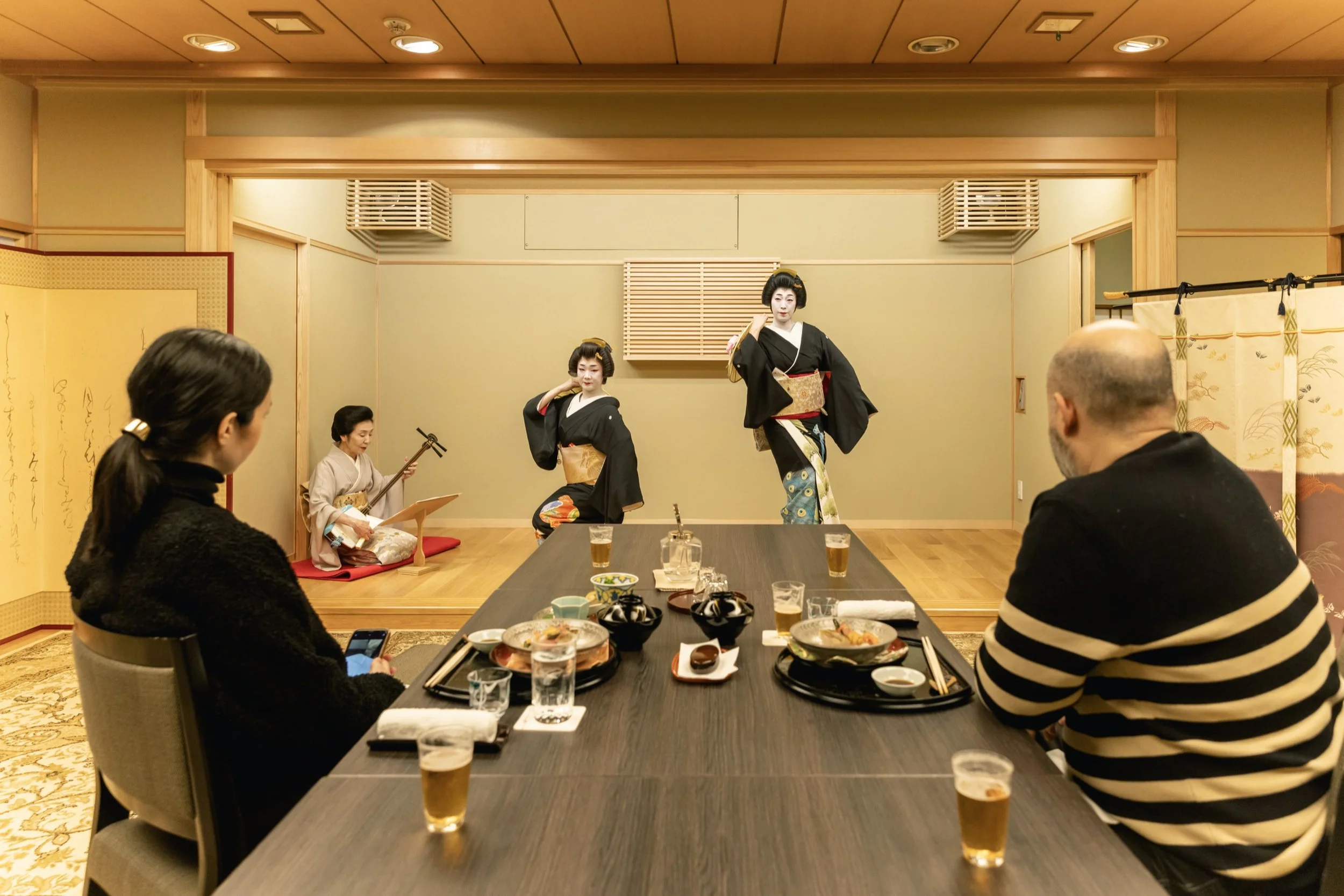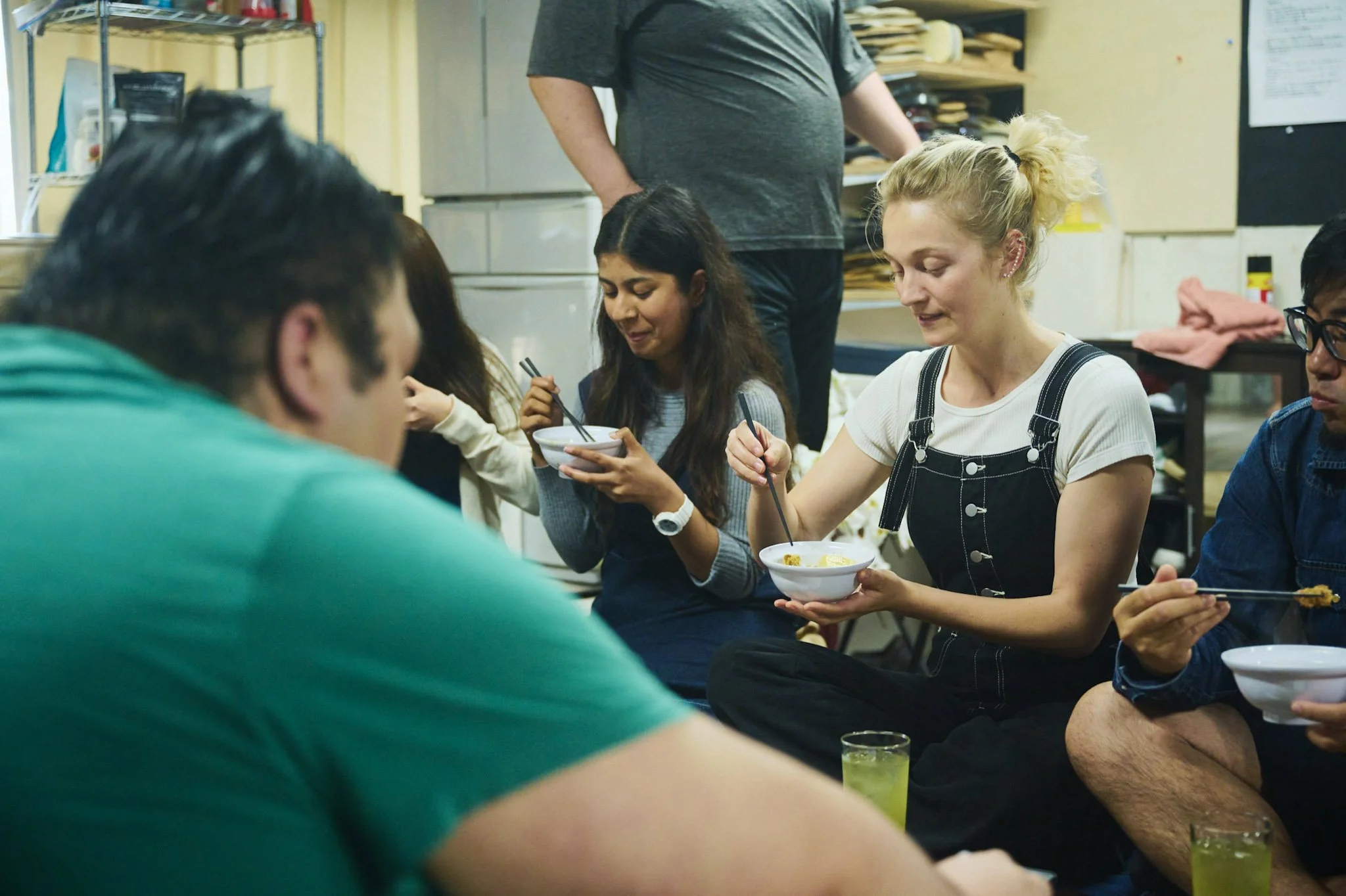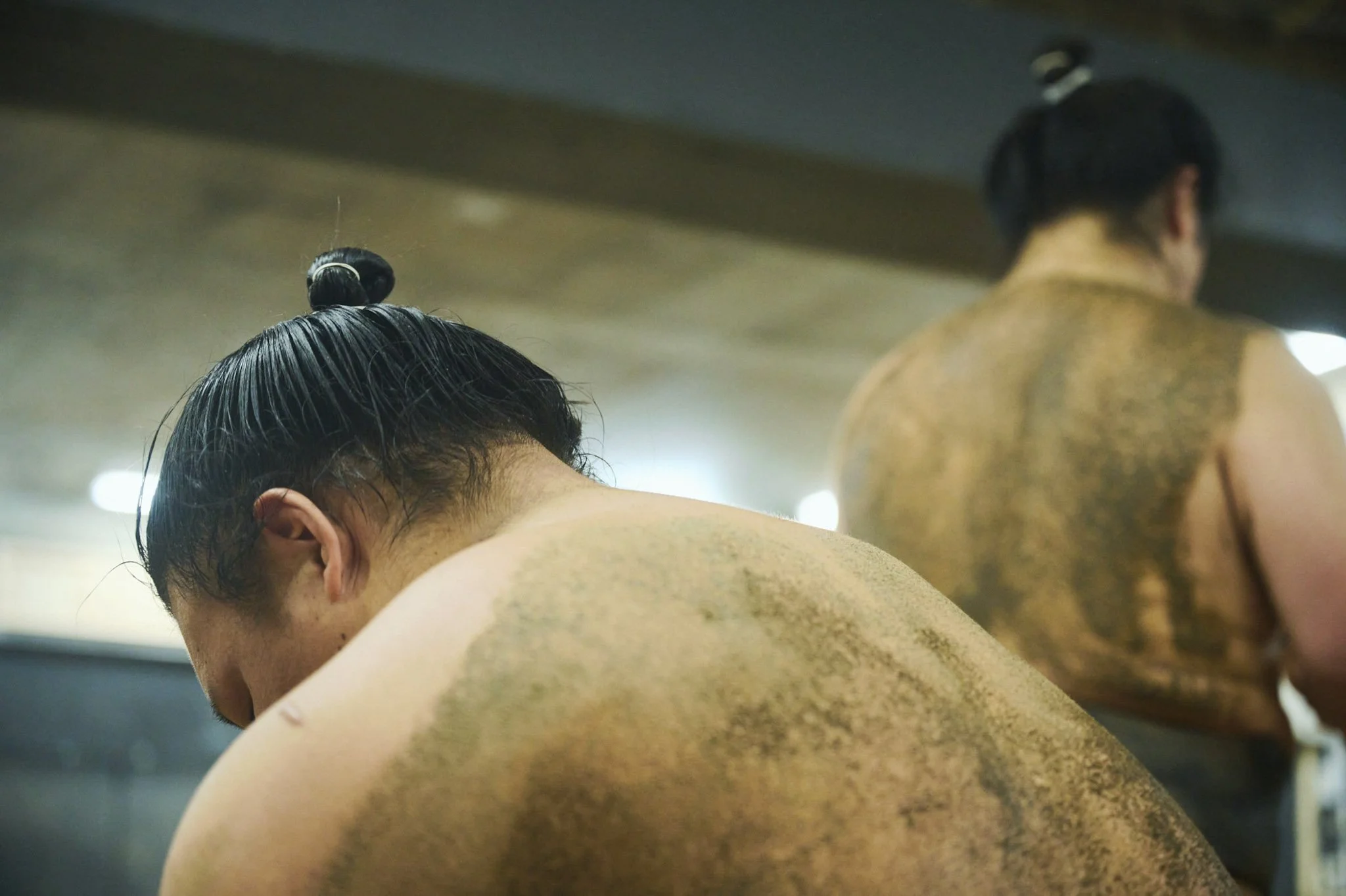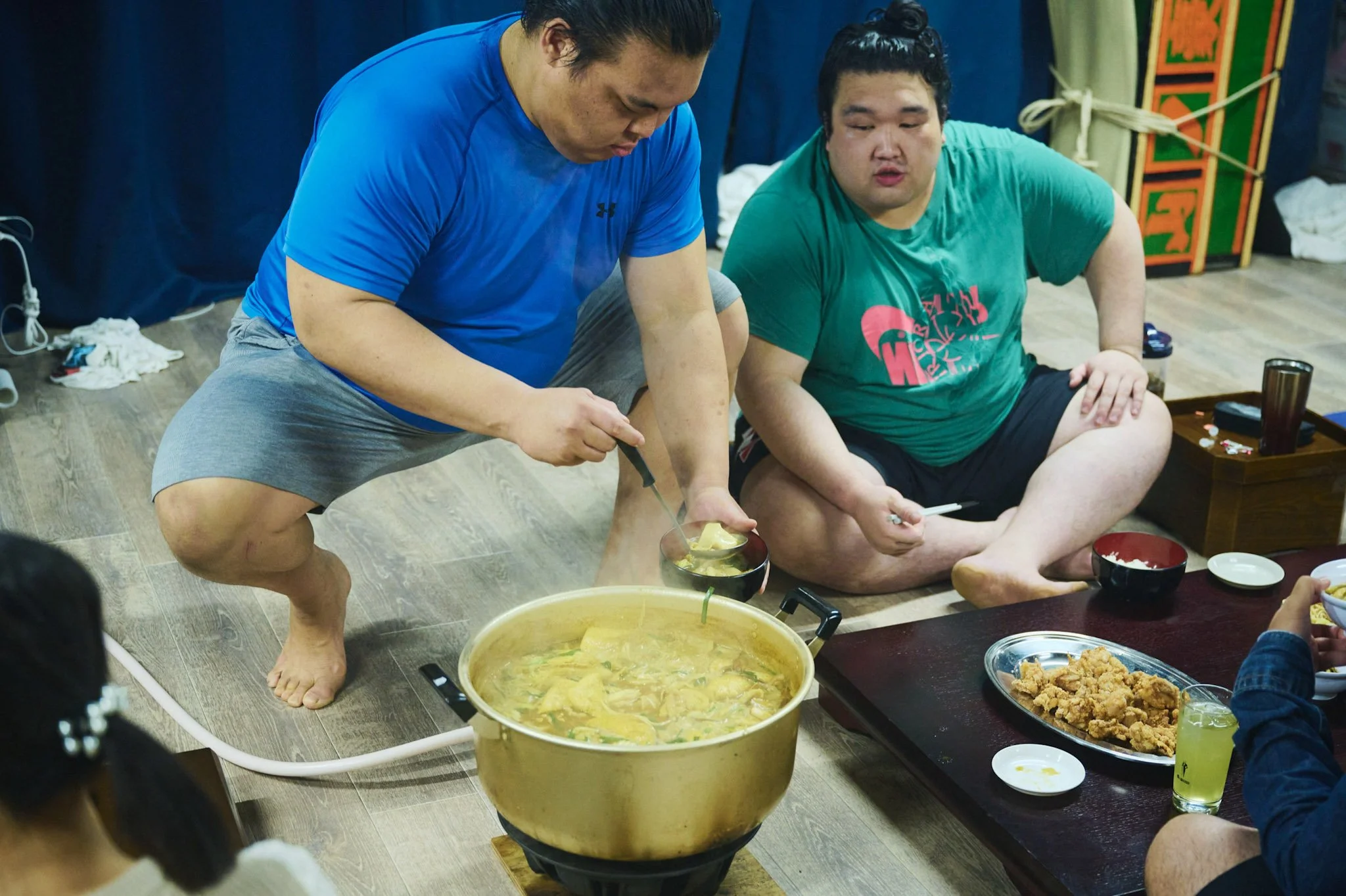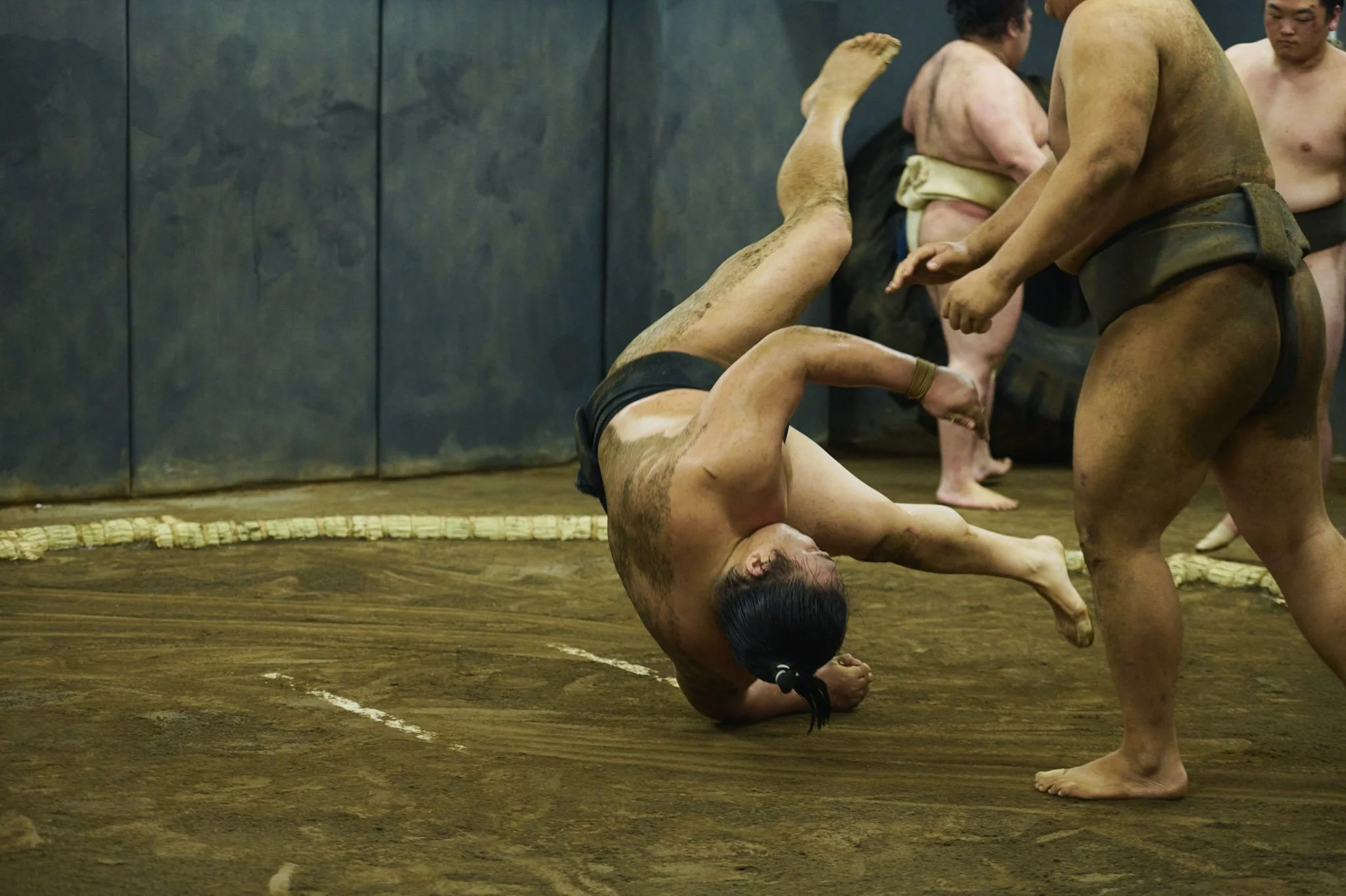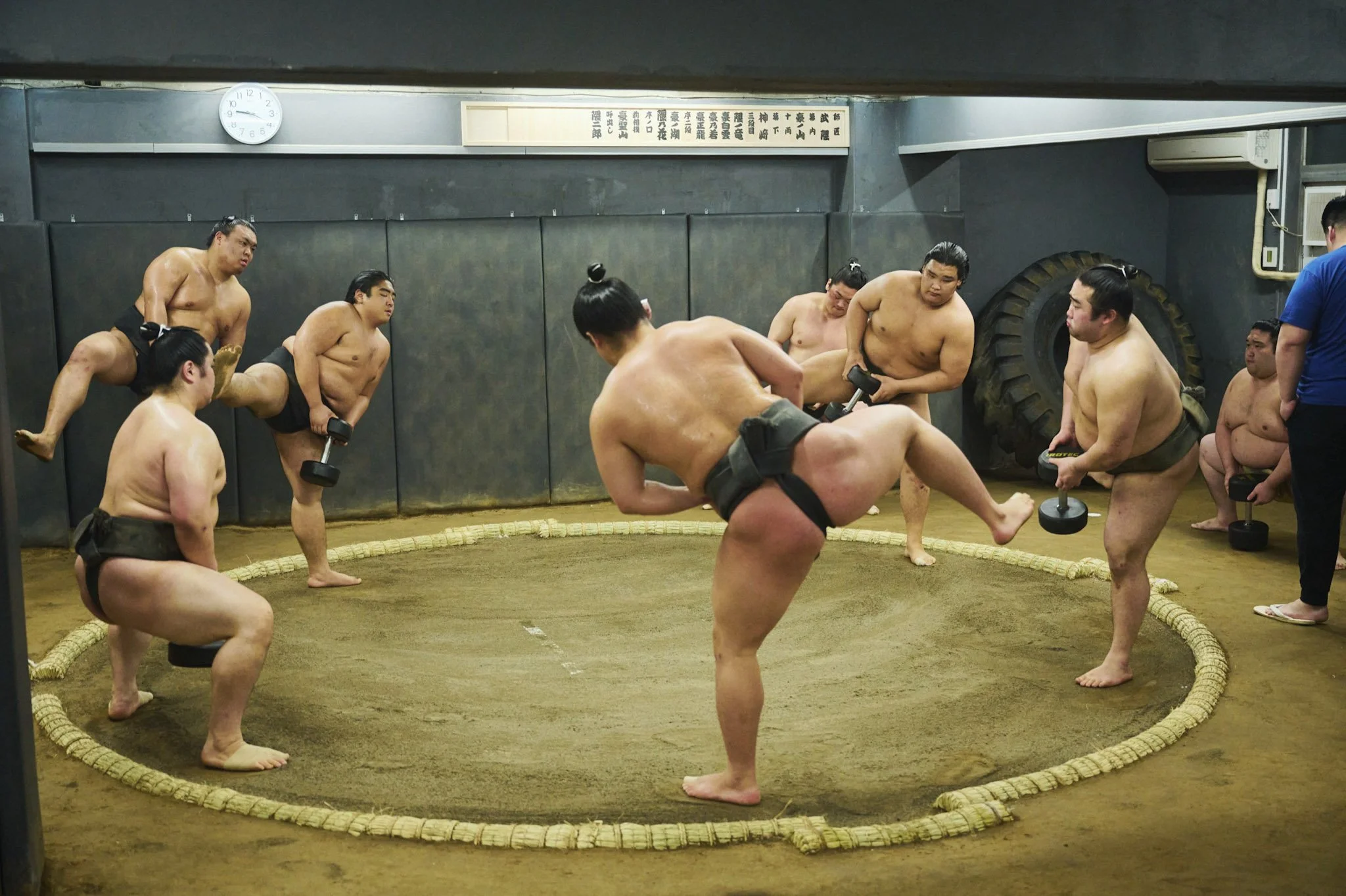Combine woodblock printing techniques with indigo dyeing at this 200-year-old atelier
3 hour private experience
Location: Taito, Tokyo
Offered in Japanese, with friendly Deeper Japan guide interpreting in your language
A minimum of 2 guests is required to book. Solo participants are welcome but will be charged the 2-person rate
About the master
What you’ll do
Join master textile artisans in their atelier that's been in operation since the Edo Period. Learn about the history of the studio, then try your hand at making an ai-zuri ukiyo-e pattern using indigo pigment.
Who can attend
Children must be 11+
Availability
Sunday, Monday, Tuesday, Thursday, Friday and Saturday
Session 1 (09:00 - 12:00)
Session 2 (14:00 - 17:00)
Unavailable every Wednesday, and Year-end holidays
Access
20 minutes from Tokyo Station by a car.
Feeling Blue
Ukiyo-e, the bold, colorful woodblock prints associated with the Edo Period ( 1603-1867 CE), provide some of the most representational images of Japanese artwork - The Plum Garden at Kameido Shrine, the portrait of famed Kabuki actor Otani Onjii III as Edobei, and of course, none quite as unforgettable as the instantly recognizable blue swirls and crashing foam of Hokusai's The Great Wave. This famed print is classified as an aizuri-e - a woodblock print composed primarily of blue. This captivating style rose to prominence in the 1820s, but left countless influences on Japan's aesthetics and artistic practices, including that of shin-hanga in the 1920s. At this dyeing atelier, experience a modern innovation to this ancient craft that combines a range of traditional Japanese arts. Historically, the creation of aizuri-e artwork was only completed using woodblock prints on paper; however, this studio's dyeing master incorporated aizuri elements into his fabric dyeing practices, that expand the artform into new mediums. Creating this stunning, fabric-based art requires a light touch - the indigo ink must be gently rubbed against the stone tool, using only the barest of pressure; the stencils must be meticulously aligned and held affixed using only the hands; the brush must move in light circles across the canvas for even application. But the result is a gradient, monochromatic textile that carries Japanese cultural heritage in its very fabric.




















Cancellation Policy
Please make your booking at least 7 days in advance. See cancellation policy here.
A detailed itinerary will be emailed to you once your booking has been confirmed.













